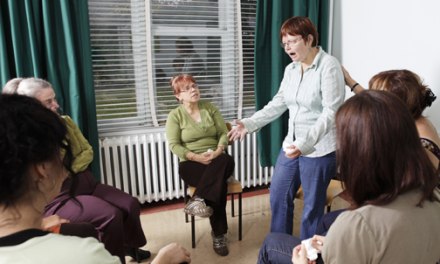In today’s news, this time coming from the West Virginia penal system:
US atheist inmate can’t be forced into substance abuse program, judge rules
It’s all about religion. Not the first time, either. In fact, I thought that question had been settled long before now. I recall a case in an Upper Midwestern state (don’t recall which one) perhaps forty years ago, where a judge arrived at much the same conclusion. Inmates in prisons and jails couldn’t be ‘forced’ to attend AA meetings, because of what he viewed as the organization’s essentially religious bent.
After that, most correctional institutions I visited prohibited mandatory 12 Step meetings. Attendance had to be voluntary.
I suppose I can understand the legal logic involved. Although I’m the farthest thing from a churchgoer, I never found 12 Step spirituality in the least off-putting.
At one point, I even helped write a book for nonbelievers, explaining how someone could nonetheless make productive use of 12 Step fellowships to get and stay clean and sober. I knew that was possible, because for years I watched people do just that. Often with greater success than by relying on the professional treatment of the era.
Of course, now we have quite a few more alternatives available. AA continues to have advantages for many recovering people — for one thing, it’s widely available in most communities, and for another, it’s free. Two characteristics that will always appeal to newcomers.
It sounds as if the plaintiff in the West Virginia case is a committed atheist. That’s a different critter from your everyday nonbeliever. Wikipedia notes that for some, “…atheism is specifically the position that there are no deities (italics mine).”
Which suggests that they find the very idea, and any mention, of God offensive. Someone with that strong an aversion might well object to even the most nondenominational approach.
I say, to each their own. Leave me out of it.
Currently, many prisons and jails have integrated some level of evidence-based treatment into the institution’s daily life. From a practical standpoint, that makes sense. A large percentage (perhaps a majority) of their population needs the help.
Perhaps such options weren’t available to the plaintiff in the West Virginia case. If they still aren’t, I’d hope prison administrators will get busy correcting that, and soon.













